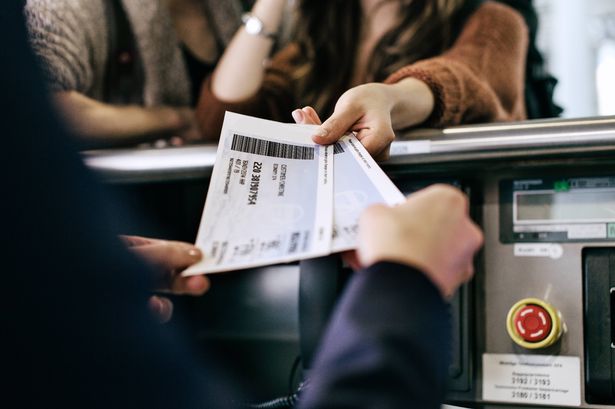The intricacies of air travel, while often a gateway to exciting experiences, can also present a minefield of potential frustrations. From navigating the labyrinthine check-in process to deciphering the cryptic boarding announcements, passengers are often left feeling bewildered and vulnerable to unforeseen circumstances. One such anxiety-inducing scenario is the possibility of losing one’s assigned seat, a fear that can cast a shadow over the entire travel experience. Recently, a seasoned traveler took to social media to share a simple yet ingenious tip to mitigate this risk, sparking a flurry of responses from fellow passengers who expressed their shared anxieties and gratitude for the newfound knowledge. This seemingly minor revelation highlighted a common concern among air travelers, prompting a deeper exploration of the factors that contribute to seat reassignments and the various strategies passengers can employ to protect their chosen spots.
The traveler’s advice revolved around the seemingly insignificant act of checking in online as early as possible. While this practice is often touted for its time-saving benefits, its implications for seat security are often overlooked. By checking in online as soon as the airline permits, typically 24-48 hours before departure, passengers effectively secure their assigned seat, making it significantly less likely to be reassigned. This proactive approach offers a significant advantage over those who wait until the last minute, as airlines often reshuffle seat assignments in the final hours leading up to departure to accommodate operational needs, such as balancing the aircraft’s weight distribution or accommodating passengers with special requirements. Early check-in essentially removes the passenger from the pool of potential seat reassignments, providing a sense of security and control over their travel experience.
The enthusiastic response from other travelers underscored the prevalence of this concern. Many confessed to harboring similar anxieties about losing their chosen seat, particularly those with window seat preferences or those traveling with companions. The revelation that early online check-in could provide a safeguard against such an eventuality was met with relief and gratitude. This simple tip resonated with passengers who had previously experienced the frustration of being reassigned to a less desirable seat, often without explanation or recourse. The shared experience of anxiety and the collective sigh of relief upon discovering this simple solution highlighted the importance of disseminating such practical travel advice.
Beyond the proactive strategy of early online check-in, other factors contribute to the risk of seat reassignments. Overbooking, a common practice among airlines, can lead to involuntary bumping, where passengers are denied boarding despite holding confirmed tickets. While airlines are legally obligated to compensate passengers who are involuntarily bumped, the inconvenience and disruption it causes can be significant. In such scenarios, passengers who checked in last are typically the first to be bumped, further emphasizing the importance of early check-in as a protective measure. Additionally, operational requirements, such as aircraft changes or weight and balance considerations, can necessitate seat reassignments. While these circumstances are generally beyond the passenger’s control, early check-in can still minimize the risk of being affected.
Passengers can further enhance their seat security by selecting seats strategically. While window and aisle seats are generally more popular, choosing a less desirable middle seat, especially in the back of the plane, can reduce the likelihood of being reassigned. These seats are typically the last to be filled, making them less susceptible to reassignments due to overbooking or operational requirements. Furthermore, paying for seat selection, though an added expense, offers an additional layer of protection. Airlines are less likely to reassign passengers who have paid for their seats, as it involves issuing refunds and potentially inciting customer dissatisfaction. By combining early online check-in with strategic seat selection, passengers can significantly reduce their risk of losing their preferred spot.
In conclusion, the seemingly simple act of checking in online as early as possible offers a powerful tool for passengers seeking to maintain control over their travel experience. This proactive approach minimizes the risk of seat reassignments due to overbooking, operational requirements, or other unforeseen circumstances. The enthusiastic response from fellow travelers to this simple tip underscores the widespread anxiety surrounding seat assignments and highlights the value of sharing practical travel advice. By combining early check-in with strategic seat selection, passengers can significantly reduce the likelihood of losing their preferred seat, ensuring a smoother and more enjoyable travel experience. While the complexities of air travel can often feel overwhelming, empowering passengers with simple yet effective strategies can alleviate anxiety and foster a sense of control, ultimately contributing to a more positive and fulfilling journey.














